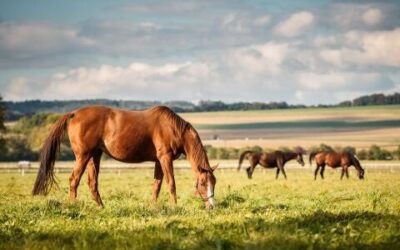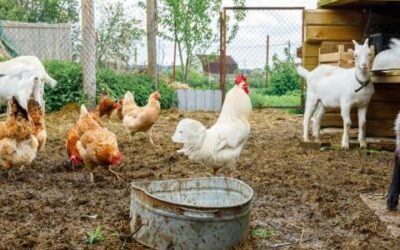
Obesity is a major issue for many horses today. Unlike humans, however, fast food is not to blame in this scenario. As with humans, obesity can lead to many additional health concerns for your equine friend. Obesity can increase the risk of laminitis, metabolic disorders, and joint pain, because your horse’s bones and joints will be forced to carry a far larger load than they’re intended for. Obesity will look different on horses of different breeds, so you should understand how to assess your horse’s body condition. This will provide a more accurate gauge of your horse’s overall health as it pertains to their weight. If your horse is overweight, beginning a structured diet and exercise regimen can get them back to a healthy weight. This guide explores several diet considerations for overweight horses that will help get your equine friend back on the right path toward a healthier life.
Volume
Portion control is a very important part of maintaining a healthy diet, for humans and horses alike. Horses that are at their ideal weight should consume roughly 2 percent of their body weight in forage on a daily basis. Horses that need to shed a few pounds, however, should only consume about 1.5 percent of their body weight each day. This percentage includes all hay, grain, and additional nutritional supplements that make up your horse’s diet. Weighing your horse’s feed will help you control portion sizes as much as possible.
Type of feed
One of the most important diet considerations for overweight horses is the type of feed you give them. Certain types of feed are higher in fats, carbs, and calories than others and will therefore cause your horse to put on more weight. Researching the nutritional value of various types of feed will ensure that your horse’s diet maintains a healthy balance of vitamins, minerals, and other nutrients. Forage is best for overweight or obese horses. Timothy/alfalfa hay and other types of mature hay are therefore very important components in an overweight horse’s diet. Timothy is rather low in caloric intake, allowing your horse to feed at leisure without increasing their daily caloric intake too much. Limiting the amount of sugars and fats in your horse’s diet may also help put them back on the path to a healthier life.




